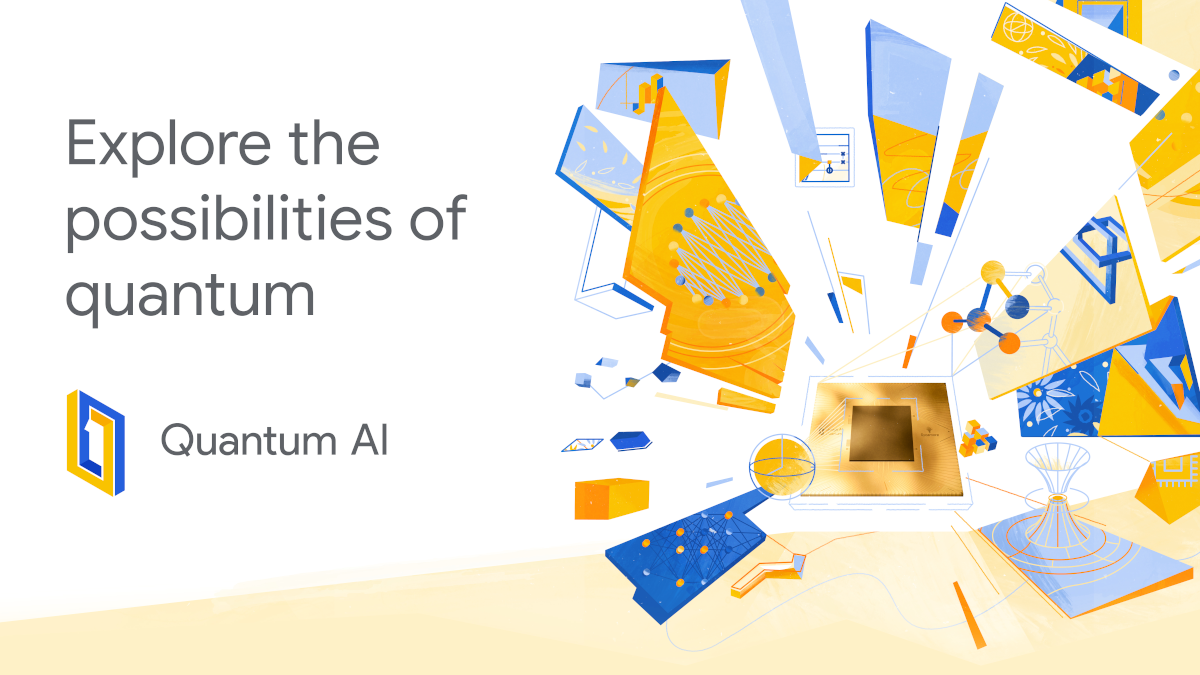Quantum Artificial Intelligence (QAI), an interdisciplinary field at the confluence of quantum computing and artificial intelligence, has garnered considerable attention in recent years. The genesis of this field can be traced back to a handful of pioneering visionaries who envisaged the potential of quantum mechanics in augmenting computational capabilities. Examining the historical backdrop and the influential figures involved elucidates the trajectory that led to the conceptualization of quantum AI.
In the early 1980s, the theoretical foundations of quantum computing were laid primarily by physicist Richard Feynman. His seminal observations highlighted the inefficiencies of classical computers in simulating quantum systems. Feynman posited that to effectively simulate quantum mechanical phenomena, one would require a computer that inherently operated under quantum principles. This pivotal moment, often considered the birth of quantum computing, laid the groundwork for subsequent explorations into the integration of quantum mechanics with algorithms that drive artificial intelligence.
Following Feynman’s contributions, significant strides were made by David Deutsch, a physicist at the University of Oxford. In 1985, Deutsch proposed the concept of a universal quantum computer, which could perform any computation imaginable given an appropriate algorithm. His work provided crucial insights into the potential for quantum algorithms to outperform classical counterparts, especially in complex problem-solving scenarios that are ubiquitous in AI applications, such as optimization and machine learning.
As the field matured throughout the 1990s, researchers began to focus more explicitly on the intersection of quantum computing and machine learning. One notable figure in this domain is Lov Grover, who developed Grover’s algorithm in 1996. This groundbreaking algorithm demonstrated the ability to search an unsorted database with quadratic speedup compared to classical algorithms, a result that rekindled interest in how quantum systems could enhance data processing capabilities inherent within AI frameworks.
Simultaneously, the realms of neural networks and learning theory began to intersect with quantum principles. In the early 2000s, researchers such as Seth Lloyd and the late David C. S. Lam initiated explorations into quantum neural networks. Lloyd, particularly, posited that quantum computation could be leveraged to train neural networks more efficiently, hence facilitating the development of algorithms with superior learning capacities.
As these developments progressed, the concept of quantum machine learning emerged, suggesting a transformative environment where quantum algorithms could process vast datasets far beyond the reach of classical computing. The publication of comprehensive surveys and theoretical evaluations, such as those by Jacob Biamonte and others, outlines the borderlands of quantum technologies intersecting with machine learning paradigms—an area ripe with potential yet laden with challenges.
One of the foundational texts in quantum machine learning is “Quantum Machine Learning: What Quantum Computing Means to Data Mining” by A. A. K. M. G. C. D. Y. R. J. D. Van Meter et al. This text articulates various quantum algorithms applicable to machine learning tasks, delineating a roadmap toward a more integrated understanding of how QAI can be realized and the implications it holds for the broader information landscape.
It is essential to acknowledge the significant contributions made by various research institutions and tech giants. Google, in conjunction with its Quantum AI division, has been instrumental in advancing the field. Their research has focused on developing quantum systems capable of executing complex machine learning algorithms, consolidating the theoretical underpinnings established by early pioneers. Projects like Quantum SUPREME aim to harness quantum advantages to resolve problems in molecular chemistry and materials science, thereby reflecting the diverse applications of quantum AI.
IBM has also emerged as a key player in this arena, promoting the use of quantum computing through its IBM Quantum Experience platform. This initiative not only democratizes access to quantum hardware but also supports collaborative research, supporting the development of quantum algorithms tailored for AI applications. Their recent contributions include the formulation of the Quantum Approximate Optimization Algorithm (QAOA), enhancing operation efficiency within certain AI matrices.
Moreover, startups and academic institutions continue to proliferate, each striving to carve niches in the expanding landscape of quantum AI. Companies such as Rigetti Computing and D-Wave Systems are at the forefront of exploring hybrid quantum-classical interfaces, glimmering with promise for breakthroughs that could redefine the paradigms of machine learning and data analysis.
Nonetheless, it is paramount to recognize the challenges that accompany the evolution of quantum AI. The field remains nascent, plagued by issues such as error rates in quantum computation and the limitations of existing quantum hardware. As advancements continue to emerge, these obstacles necessitate concerted efforts from both the academic and corporate sectors to develop effective error correction techniques and fault-tolerant quantum systems.
In summary, the genesis of quantum AI can be traced through a rich tapestry woven by the intellectual pursuits of luminaries like Richard Feynman and David Deutsch, complemented by the collective contributions of contemporaries and aspiring innovators alike. With every advancement, the field burgeons, promising applications that can redefine modern computation and machine learning, ushering in an era where quantum technologies resonate profoundly with our understanding of artificial intelligence.












